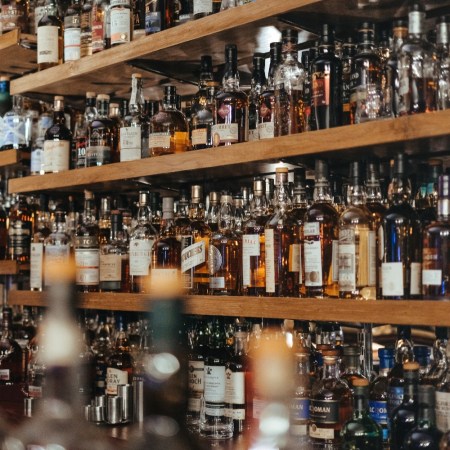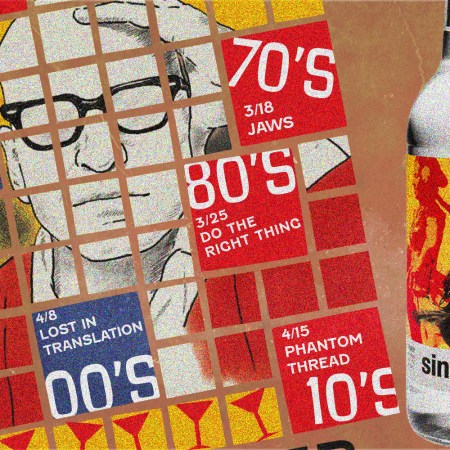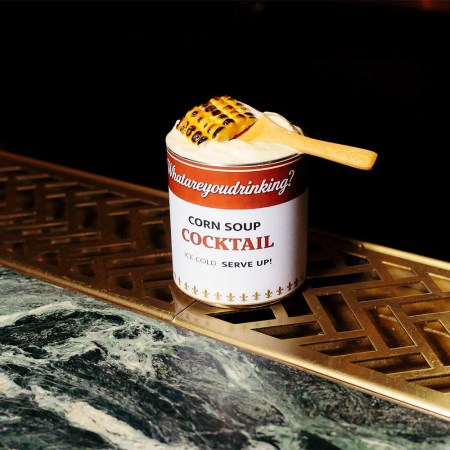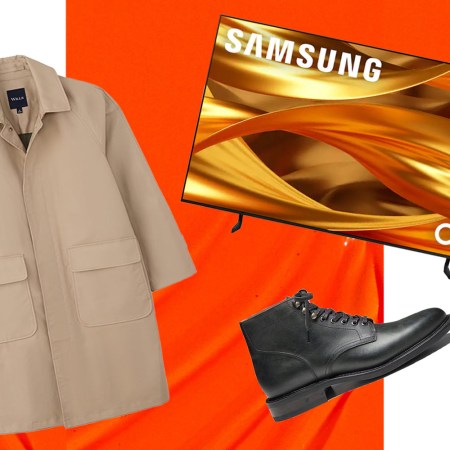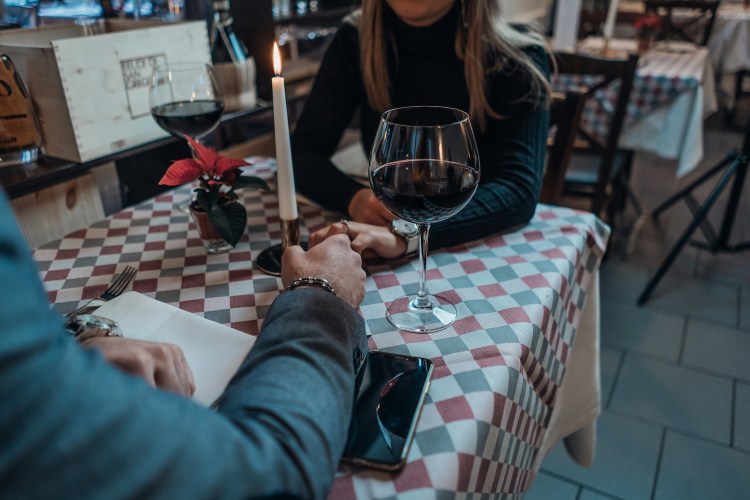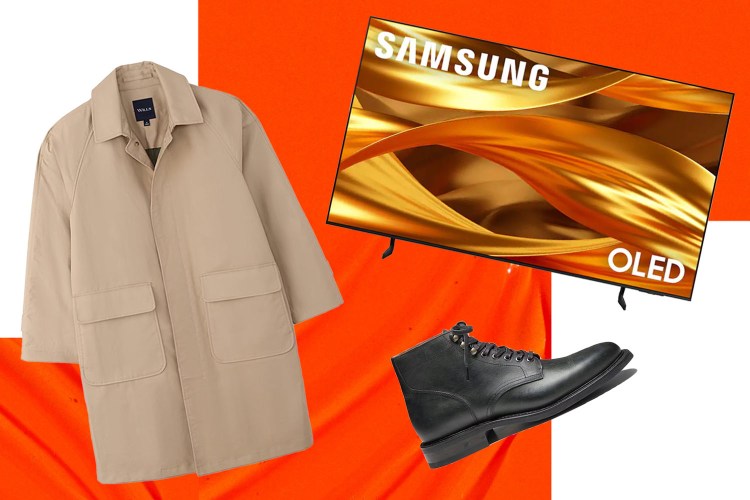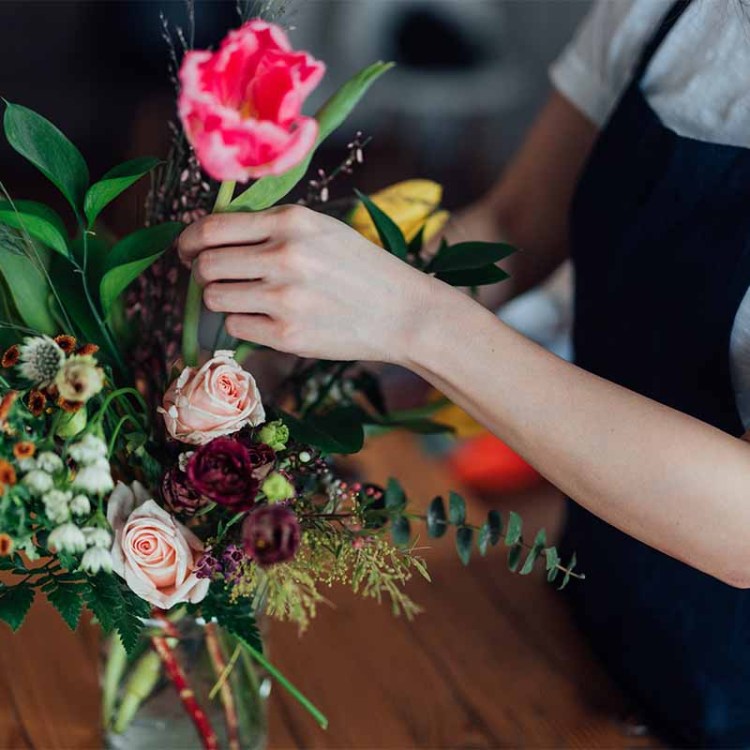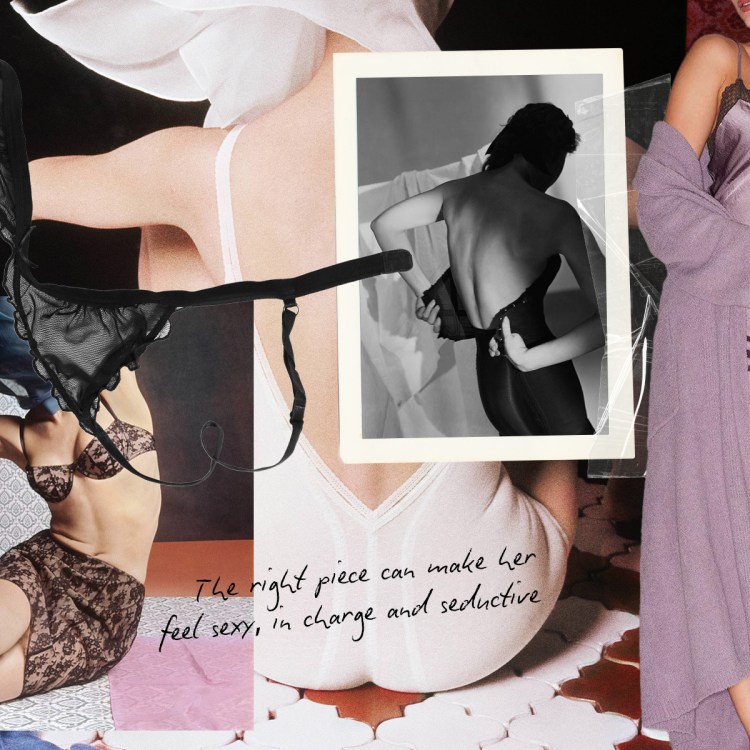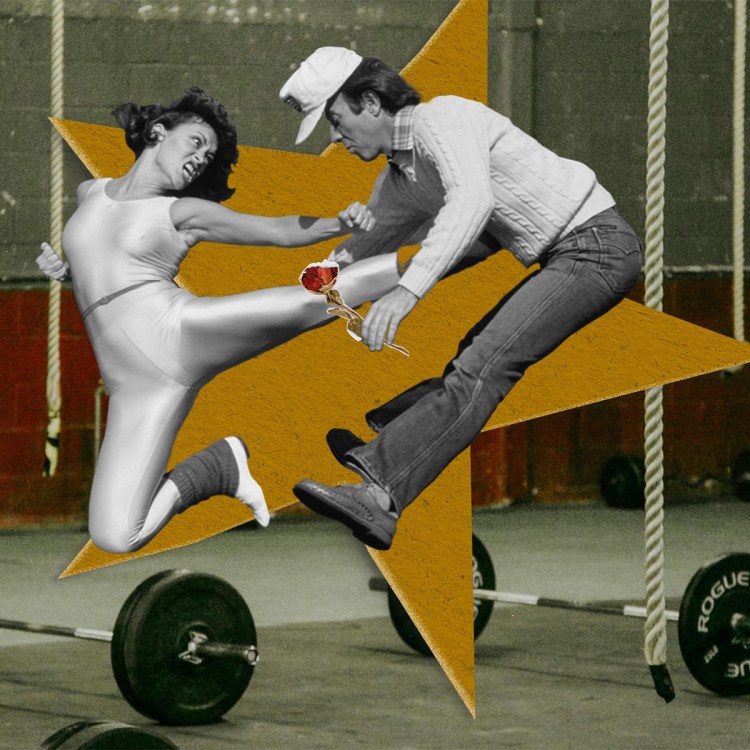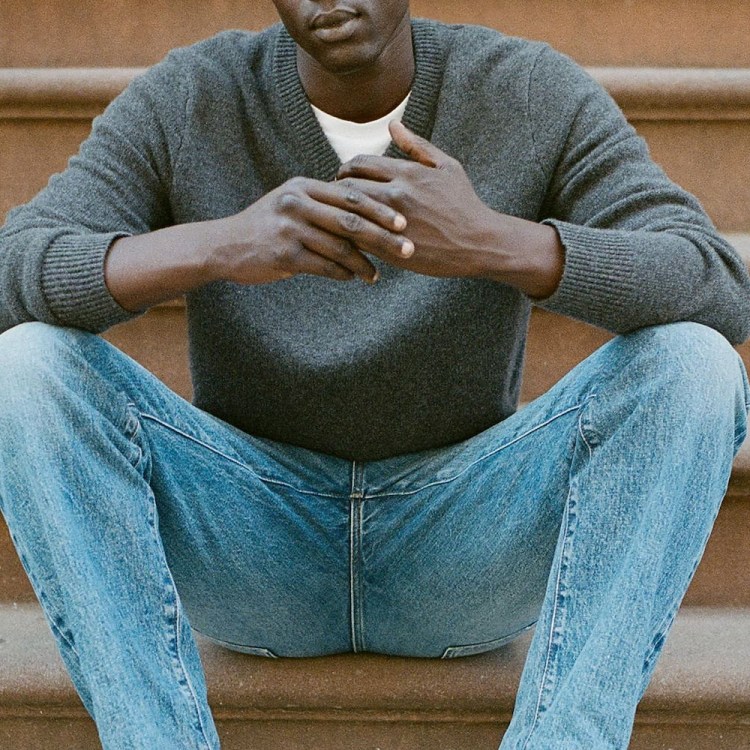Another day, another man down.
Six months after the reckoning of Harvey Weinstein, stories of sexual harassment and intimidation continue to pour out, and the food-and-beverage industry is no exception.
We’ve read stories of systemic sexual predation and a “rape room” atop one of the country’s most esteemed restaurants, and scrolled through story after story after story of seemingly every abuse of power imaginable.
The sheer volume of ongoing (stress: ongoing) allegations points to an industry with an endemic problem: men do not know how to behave themselves, and are actively fostering a culture that allows their attitudes to proliferate.
If you, like us, are asking, “What now?”, here’s a good starting place:
Introducing Chicago Style, a cocktail summit hosted by industry thought leaders with a special focus on issues of diversity, sexism and inclusion, coming in May with tickets on sale right now.
Organized by a trio of industry veterans — Shelby Allison (co-owner of Chicago tiki favorite Lost Lake), Caitlin Laman (a 2014 Food & Wine Best New Mixologist and current beverage director at Ace Hotel Chicago) and Sharon Bronstein of the 86 Co. — Chicago Style is billed as “equal parts drink and think,” and will feature seminars and roundtables with the goal of creating a space for people to share perspectives and solutions on the issues they care about most. See the full schedule here.
Ahead of the conference, we sat down with Shelby Allison to discuss sexual misconduct in the workplace, the restaurant industry’s romanticization of irreverence, and what she hopes attendees will take away from the conference.
InsideHook: Help us understand the environment female and trans/gender non-conforming chefs and bartenders must navigate as they come up through the ranks. In other words: How did we get here?
Shelby Allison: This is not unique to the culinary industry — perpetual inequity is a stain on the fabric of our nation. While women and people of color have held up the service industry since its inception, white dudes have been the ones in positions of power since they decided bartending was cool again in the early aughts. As straight white men rose to the top, people of color, women and queer people became smaller in number — but heavy in harassment. That power has become pervasive, and, in some cases, abusive, and it’s long been time that people of color and women reclaim this industry. As a community we have to decide that these work environments are unacceptable, and we have to hold each other accountable to achieve real change.
IH: Do you think misbehavior is a product of the industry’s culture of excess and romanticized reverence for mischief? And if so, do you think that dynamic is exclusive to the restaurant industry?
SA: Our industry’s culture of excess is certainly a factor in the unsafe work environments that exist. Boundaries are blurred and there is a false impression that the line between right and wrong is not there. All three of us Chicago Style co-founders have spent our careers in and around the spirits and hospitality industries, so we can’t speak to what it’s like to be a woman or a queer person on Wall Street or in Hollywood — but history, headlines and common sense tell us that harassment and discrimination are not unique to our world.
From left: Sharon Bronstein, Shelby Allison, Caitlin Laman / Photo: Anjali Pinto
IH: Is it just about sexual harassment? Does the imbalance of power manifest itself in other ways?
SA: Race, religion, economic status, sexual identity and immigration status are just some of the factors that compound power imbalance and lead to increased gender-based harassment and discrimination.
IH: That’s are a lot of dynamics at play. What do you see as the diner’s responsibility in all of this? Do you think it’s imperative for diners’ relationship with restaurants to change?
SA: Diners and bar patrons can continue to support bars where the people in power are/support women, people of color and queer people, and make a point to have an inclusive staff. Spend your hard-earned money at venues that value inclusivity as much as they value a well-made cocktail or beautifully-composed plate.
IH: As a follow-up to that, how might male privilege tend to manifest itself in bar/restaurant environments in ways that some men may not be aware of?
SA: Male privilege manifests itself in the same ways it does in the world at large: simply by virtue of never having had to consider or recognize it. Some men hold more privilege than others, and systems are set up to benefit them. Women and gender non-conforming folks haven’t historically been in positions of power in bars and restaurants, so, to guests and co-workers alike, they don’t look like an owner or manager. Hospitality work environments are generally more comfortable for men as it is a male-dominated environment, from owners to investors to managers. And, of course, they make more money.
IH: One of the events is entitled, “You Are Welcome Here: A Conversation About Intersectionality and Hospitality” — Can you describe what exactly you mean by that?
SA: First, I suggest watching Kimberle Crenshaw’s TED Talk, “The Urgency of Intersectionality.” Like, for real. Watch it right now. And if you have time (make time), read her 1989 piece that coined the phrase and established the theory, “Mapping the Margins: Intersectionality, Identity Politics, and Violence Against Women of Color.”
The panel is based on the idea that hospitality is an industry that prides itself on making people feel welcomed, where the entire intention is to provide guests with enjoyment and experience. There is no way that hospitality as an industry can continue to pride itself in being centered on the guest if it’s not also concerned with every person serving guests. Inclusion should be part of the fabric of the cocktail bar experience — and how can any bar successfully achieve truly hospitable service if the business itself doesn’t approach its business operations with an understanding of intersectionality?
At the end of the day, we’re all in the hospitality business, and if we’re not purposefully creating industry events with diversity and inclusivity in mind, we can never hope to create spaces within our bars that are capable of offering genuine hospitality to each and every person that walks through the door.
IH: What does inclusion look like in a restaurant beyond the kitchen?
SA: Equity! Restaurants and bars often have lots of diversity amongst their staff, but equity is sorely lacking. Positions are clearly stratified. An inclusive work environment takes shape when people of color, women and queer folks have positions of power: ownership, management and creative direction.
IH: What are you hoping for someone who is looking for answers to take away from the conference?
SA: Chicago Style is an opportunity for men to listen and use their privilege to practice allyship in a meaningful way. We’re hoping attendees of Chicago Style leave with practical ways to apply ideas of inclusion, safety and sustainability, and the inspiration and support system they need to put these plans into action. There are so many wonderful people to lift up and celebrate in our community — in addition to tough critiques and necessary self-reflection — and we want people to leave feeling hopeful that an equitable future is possible, and something worth striving for within our industry.
This article was featured in the InsideHook Chicago newsletter. Sign up now for more from the Windy City.


